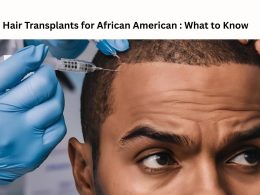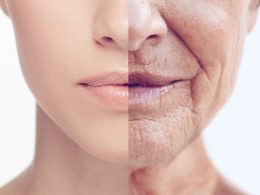Introduction: Teenage birth control use is a common practice that provides contraception and hormonal regulation for young individuals. However, recent studies have suggested a potential link between teenage birth control use and depression. This article aims to explore the connection between these two factors, providing important information to help understand the potential risks and considerations associated with birth control use in teenagers.
- Understanding Birth Control: a. Types of Birth Control: Familiarize yourself with different types of birth control methods available to teenagers, including hormonal methods (such as oral contraceptives, patches, or injections) and non-hormonal methods (such as condoms or intrauterine devices). b. Hormonal Effects: Birth control methods that utilize hormones work by altering hormonal levels in the body to prevent pregnancy. These hormonal changes may have implications for mood and emotional well-being.
- Exploring the Potential Link: a. Research Findings: Several studies have suggested a potential association between teenage birth control use and increased risk of depression. However, the exact nature of this relationship is complex and requires further investigation. b. Hormonal Influence: Hormonal birth control methods introduce synthetic hormones into the body, which can affect neurotransmitter levels and potentially influence mood regulation. c. Individual Variations: Each teenager’s response to hormonal birth control may differ, as hormonal effects can vary based on individual factors, such as genetics, pre-existing mental health conditions, and sensitivity to hormonal fluctuations.
- Recognizing Depression Symptoms: a. Emotional Signs: Look out for symptoms of depression, including persistent sadness, loss of interest or pleasure in activities, feelings of hopelessness or worthlessness, changes in appetite or weight, sleep disturbances, difficulty concentrating, and thoughts of self-harm or suicide. b. Behavioral and Physical Signs: Depression may also manifest as irritability, withdrawal from social activities, changes in energy levels, unexplained physical aches or pains, and a decline in academic or occupational performance. c. Duration and Severity: Pay attention to the duration and severity of these symptoms. If they persist for more than two weeks and significantly interfere with daily functioning, it is important to seek professional help.
- Seeking Professional Guidance: a. Open Communication: Encourage teenagers to have open conversations with healthcare providers when considering or using birth control methods. Discuss any concerns or changes in mood that may arise during the usage. b. Evaluation and Assessment: If depressive symptoms occur or worsen after initiating birth control, consult with a healthcare professional to assess the potential connection and explore alternative options. c. Individualized Approach: Healthcare providers can offer personalized guidance based on the teenager’s medical history, mental health background, and preferences, helping them make informed decisions about birth control methods.
- Holistic Well-being: a. Comprehensive Support: Emphasize the importance of holistic well-being, including mental health, physical health, and healthy coping strategies. Encourage teenagers to maintain a balanced lifestyle that includes exercise, stress management techniques, and healthy relationships. b. Mental Health Resources: Familiarize yourself with available mental health resources, such as counseling services or support groups, which can provide additional support for teenagers facing depression or other mental health concerns.
Conclusion: While studies have indicated a potential link between teenage birth control use and depression, it is essential to approach this topic with caution and individual consideration. Recognizing depressive symptoms, maintaining open communication with healthcare providers, and prioritizing holistic well-being can help teenagers navigate their reproductive health while addressing any potential mental health concerns. It is crucial to consult with healthcare professionals to assess individual risks and benefits and explore suitable options for contraception while prioritizing mental well-being.












